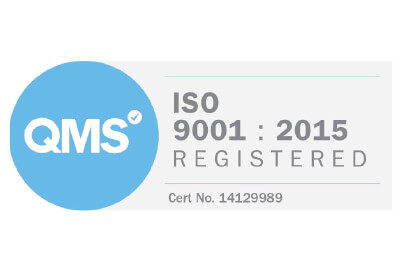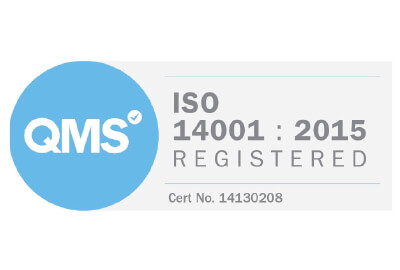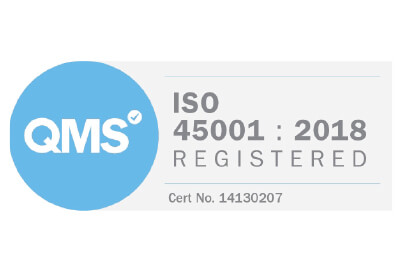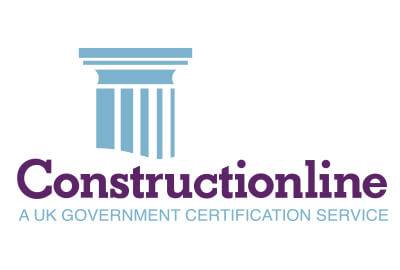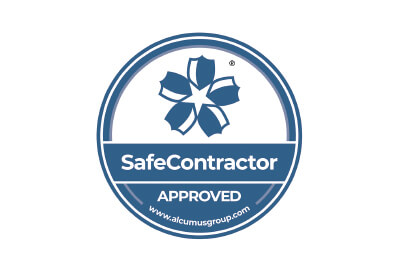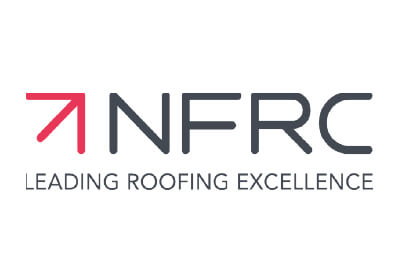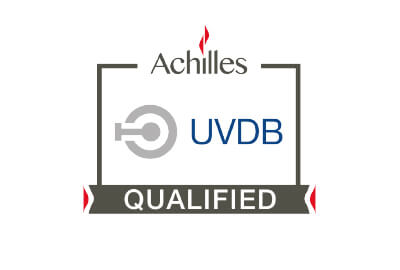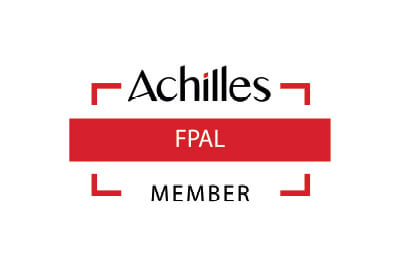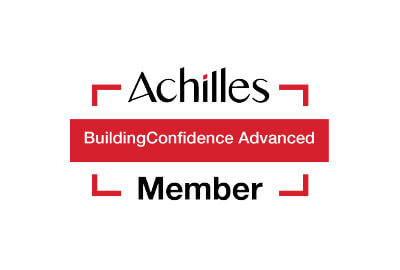Sandstone, whether blonde sandstone or red sandstone is one of the main stone materials used for buildings across Scotland.
While it may be a durable building material, sandstone is a naturally formed stone and is porous. This makes it vulnerable to erosion and if not maintained properly, can cause serious issues with the structure of a building.
Sandstone Inspection
So many of the issues that affect sandstone are caused because of a lack of maintenance and inspection. While you may call us out to inspect your roof every year, when was the last time that you considered having the stonework inspected?
What can an inspection of sandstone spot?
- Rising Damp
- Saturated Stonework
- Missing Pointing
- Moss, Grass, Weed and Sapling Build up in cracks and gaps
The surface patina that forms on the outer surface of sandstone creates a protective layer around the surface while also adding an attractive aesthetic quality. If this patina surface is damaged or removed, it can lead to serious erosion of the stonework. And while sandstone can erode and decay to an impressive depth before it begins to cause structural problems, this is still something that must be fixed.
What can speed up decay?
If the sandstone is exposed to contaminants, it can speed up the decay process. If large volumes of water (either through a leaking gutter or rising damp) are constantly passing over an area that prevents the sandstone from drying out, this can speed up the decay process.
Salt damage is a particular source of damage to sandstone. Because salt is soluble and sandstone is porous, it can be washed into the stone by heavy rain. The salt, now inside the stone, will create internal stress and pressure on the stone and cause it to begin breaking down.
What does sandstone decay look like?
- White build up of salt on the surface of the stonework
- Blistered bubbles on the surface
- Loss of sharpness
- Water staining
- Visible wear patterns
- A dusty/powdery surface of loose sandstone grains forming on the surface.
How can this be fixed
At Balmore Specialist Contracts, we are one of the leading building maintenance providers in Scotland. We would always advise a site visit to inspect the quality and condition of your stonework before advising on the best solutions. We can provide a range of delicate cleaning solutions that can help clean and restore your sandstone while protecting it from further decay.
To find out more, please call our head office today on 0141 944 6100.
